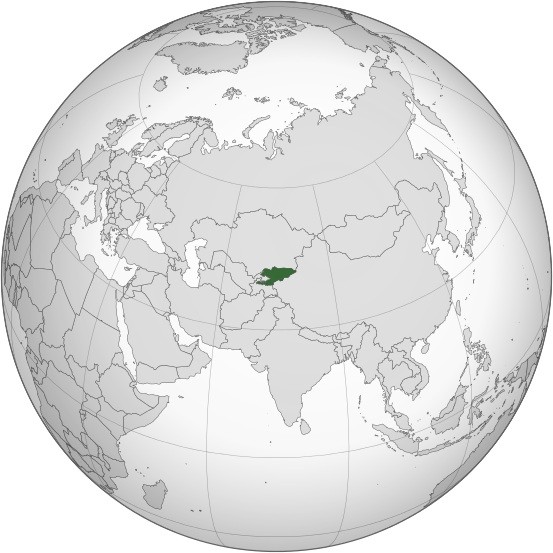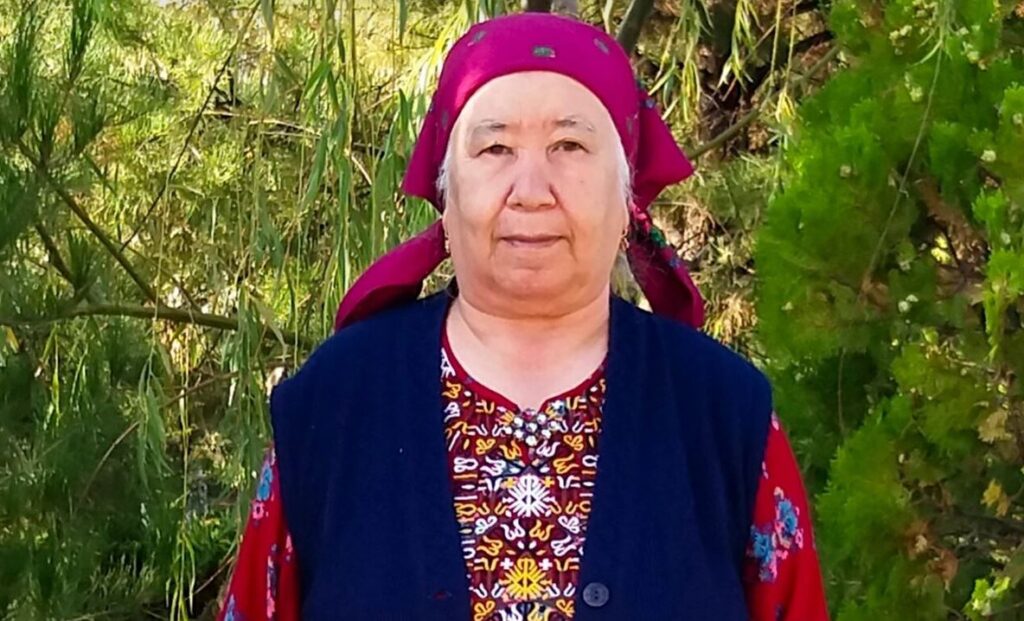BISHKEK (TCA) — Kyrgyzstan’s authorities must ramp up their efforts to put an immediate end to the appalling practice of “bride kidnapping”, Amnesty International said on June 15 as details emerged that an 18-year-old woman has been abducted and raped in an effort to force her to marry her attacker.
The latest incident, which occurred on 10 June according to a local human rights organization, follows the kidnapping and murder of 20-year-old medical student Burulay Turdaliyeva in late May which triggered a public outrage.
“These two horrific crimes have taken place within just 14 days of each other, suggesting that though laws exist to end this appalling practice they are completely ineffectual. The Kyrgyzstani authorities must step up their efforts to protect women and girls,” said Denis Krivosheev, Deputy Director for Eastern Europe and Central Asia at Amnesty International.
“There is no place for abduction, sexual violence and forced marriage in any society; not in the name of tradition or anything else.”
According to the Kylym Shamy human rights group, the latest incident on June 10, involves an 18-year-old woman, whose family recently came to live in the Kyrgyzstani capital Bishkek from a provincial town. She was lured out of her family’s home by the son of their landlord and his friends. They then forced her into a car and drove her to Zhumgal District about 100 kilometres south of Bishkek. There, the man raped her. The victim reported that he told her he wanted to marry her.
The victim was taken to hospital but has not been released; however, she is still suffering the effects of the trauma. The police have arrested the abductor.
“The Kyrgyzstani authorities must take action to promptly bring all alleged perpetrators of these violent and abhorrent crimes to justice, and send a strong message that gender-based violence will not be tolerated,” said Denis Krivosheev.
On 27 May, the kidnapping and murder of 20-year-old medical student Burulay Turdaliyeva triggered a public outrage in Kyrgyzstan. Following her abduction, the car in which she was being driven away was stopped by police. Burulay and her abductor were brought to the local police station. As a result of police negligence, the abductor wasn’t disarmed – he stabbed his victim several times with a knife and then tried to kill himself. Burulay died, and the kidnapper was placed in the intensive care unit.
In 2012, Kyrgyz lawmakers strengthened the punishment for ala kachuu, the “tradition of bride kidnapping”, raising the maximum prison term from three to seven years. But the practice is largely seen as tolerated by public officials and law enforcement agents who often ignore the complaints and encourage, if not openly force, the families of the kidnapper and the victim to “resolve” the matter amicably.
“Bride kidnapping” is an illegal traditional practice in Kyrgyzstan, punishable by law with up to seven years of imprisonment. However, abductions persist due to lack of reporting and social perceptions of this harmful practice as a ‘tradition’. In many cases the abduction is followed with rape as it stems from gender stereotypes about the sexuality of girls and women – that a woman or girl who is not a virgin is not ‘marriageable’. These damaging views lead to cases where a man abducts and rapes a woman or girl who will then be seen by society as ’impure’ and she could be pressurized into marrying the man who raped her.
According to the Kyrgyzstani Ministry of Interior, 64% of police officers in the southern city of Osh consider “bride kidnapping” to be “normal” and 82% of them believe that the abduction is “provoked” by the women themselves.
The 2016 UNFPA data shows that 6% of married girls and women over the age of 15 in Kyrgyzstan became involuntary victims of “bride kidnapping”.









